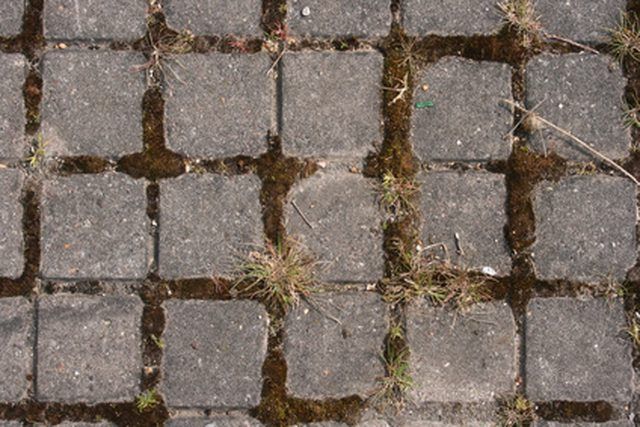Bulbs
Flower Basics
Flower Beds & Specialty Gardens
Flower Garden
Garden Furniture
Garden Gnomes
Garden Seeds
Garden Sheds
Garden Statues
Garden Tools & Supplies
Gardening Basics
Green & Organic
Groundcovers & Vines
Growing Annuals
Growing Basil
Growing Beans
Growing Berries
Growing Blueberries
Growing Cactus
Growing Corn
Growing Cotton
Growing Edibles
Growing Flowers
Growing Garlic
Growing Grapes
Growing Grass
Growing Herbs
Growing Jasmine
Growing Mint
Growing Mushrooms
Orchids
Growing Peanuts
Growing Perennials
Growing Plants
Growing Rosemary
Growing Roses
Growing Strawberries
Growing Sunflowers
Growing Thyme
Growing Tomatoes
Growing Tulips
Growing Vegetables
Herb Basics
Herb Garden
Indoor Growing
Landscaping Basics
Landscaping Patios
Landscaping Plants
Landscaping Shrubs
Landscaping Trees
Landscaping Walks & Pathways
Lawn Basics
Lawn Maintenance
Lawn Mowers
Lawn Ornaments
Lawn Planting
Lawn Tools
Outdoor Growing
Overall Landscape Planning
Pests, Weeds & Problems
Plant Basics
Rock Garden
Rose Garden
Shrubs
Soil
Specialty Gardens
Trees
Vegetable Garden
Yard Maintenance
How to Make Grass Killer
How to Make Grass Killer. Homemade grass killer does not have to be difficult to make, especially if you are not worried about killing other plants in the area of the vicinity. One of the most widely used, tested and accepted methods for homemade grass killer is vinegar. Highly acidic vinegars work best because acid is what kills the plant. Highly...

Homemade grass killer does not have to be difficult to make, especially if you are not worried about killing other plants in the area of the vicinity. One of the most widely used, tested and accepted methods for homemade grass killer is vinegar. Highly acidic vinegars work best because acid is what kills the plant. Highly acidic vinegars can be purchased at farm-supply stores and select other retailers. A mixture of dish soap and vinegar is even more effective, although it does not retain the organic and natural properties of vinegar alone.
Things You'll Need
Highly acidic vinegar (higher than the 5 percent content found at grocers)
Dish soap
Pressure pump-sprayer
Application
Pour acidic vinegar into a gallon sprayer. Add 1 ounce of dish soap per gallon of vinegar, if you choose to add soap to the mixture.
Spray unwanted grass. Where there is no risk of damaging plants you would like to keep, consider pouring instead of spraying. The vinegar will then soak to the roots.
Apply again if grass starts coming back. The vinegar works by soaking the moisture from the leaves. Spraying the first time may allow the roots to produce a new plant, but it will be considerably weaker than the original plant.
Tips & Warnings
Spraying in full sun can accelerate the process. The dish soap can also aid the vinegar by breaking down the waxy covering on the plant. It also makes the mixture slightly thicker and less runny. Some people add as much as 20 percent soap to increase these properties.
This is a plant killer, not specifically for grass or weeds. It will kill or damage all plants that come in contact with it.